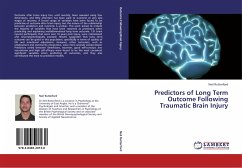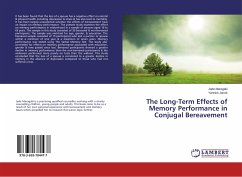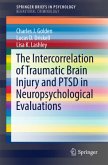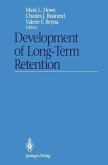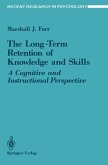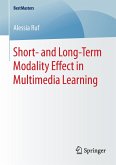Outcome after brain injury has, until recently, been assessed using few dimensions, and little attention has been paid to outcome at very late stages of recovery. A broad range of variables have been found to be predictive of outcome after brain injury, but the nature of the relationship between predictors and outcome is unclear. This work aimed to include the majority of variables that have been reported as predictors when predicting and explaining multidimensional long term outcome. 131 brain injured participants that were over 10 years post injury, were interviewed and neuropsychologically assessed. Results suggested that long term outcome can be good in this population, specifically in terms of quality of life and emotional adjustment. However, other outcomes, such as employment and community integration, were more severely compromised. Predictors varied between dimensions, however, good self-concept, low neuroticism and high self-efficacy were found to be the most consistentsignificant variables when predicting all outcomes, and they also contributed the most to predictive models.

